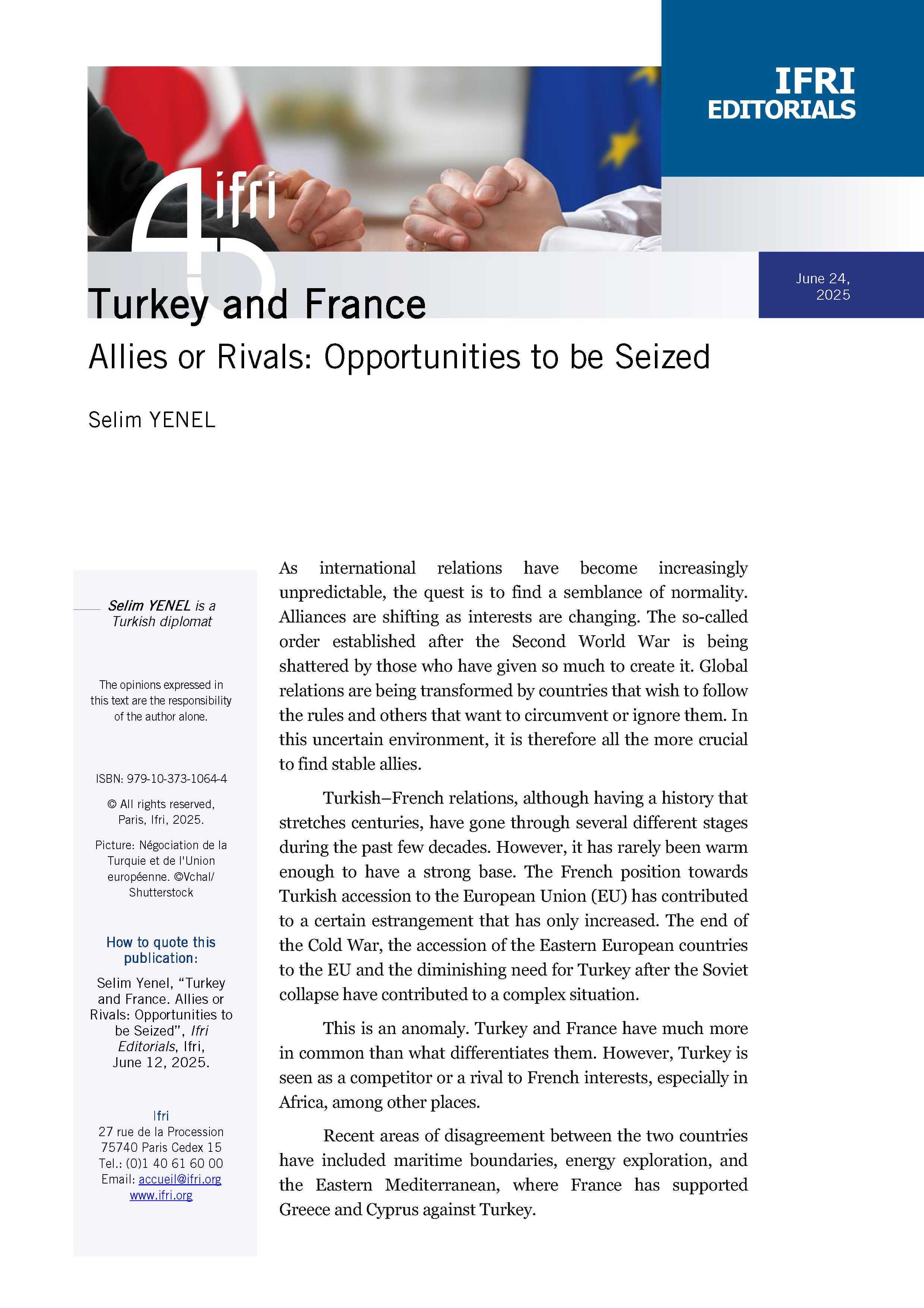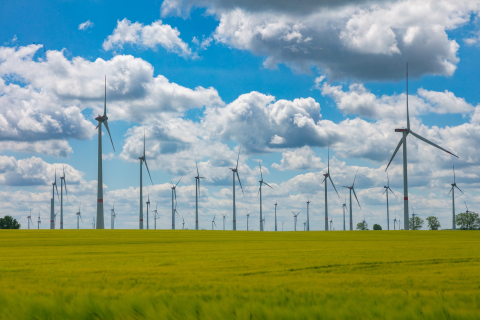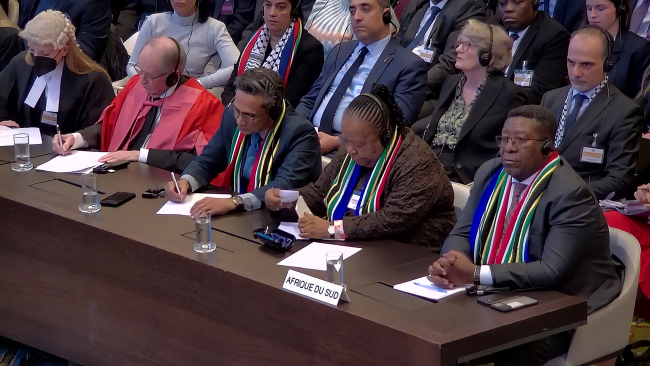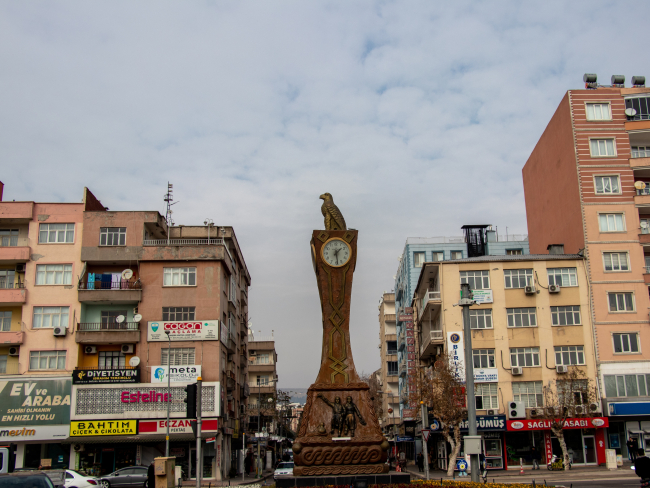Persistence and Evolutions of the Rentier State Model in Gulf Countries
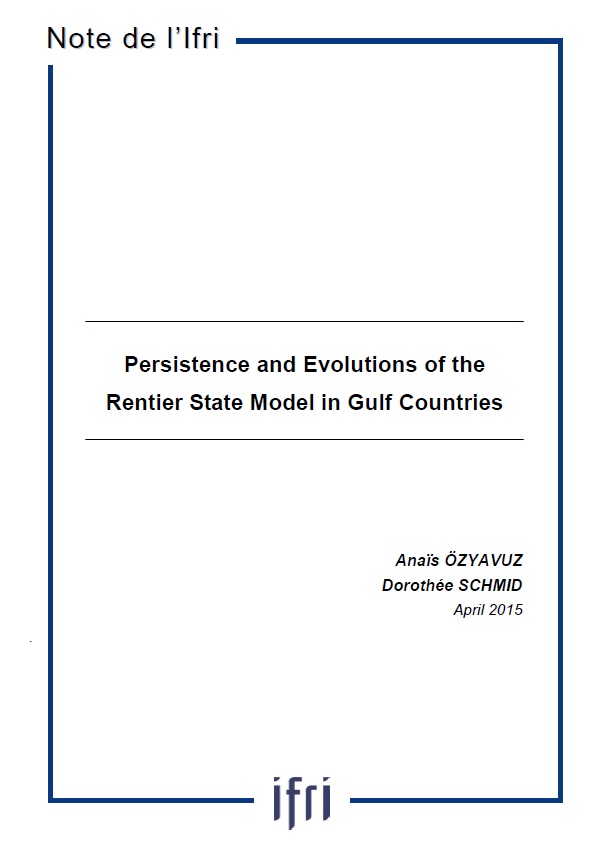
A general economic model of understanding Middle Eastern states was elaborated by political scientists around the 1980’s, based on the concept of rent as a factor of wealth around which the economic model as much as the governance of energy-rich countries was re-organized. The particular case of GCC’s countries as rentier state has been at the cornerstone of this concept since they own the most important share of energy resources in the world.
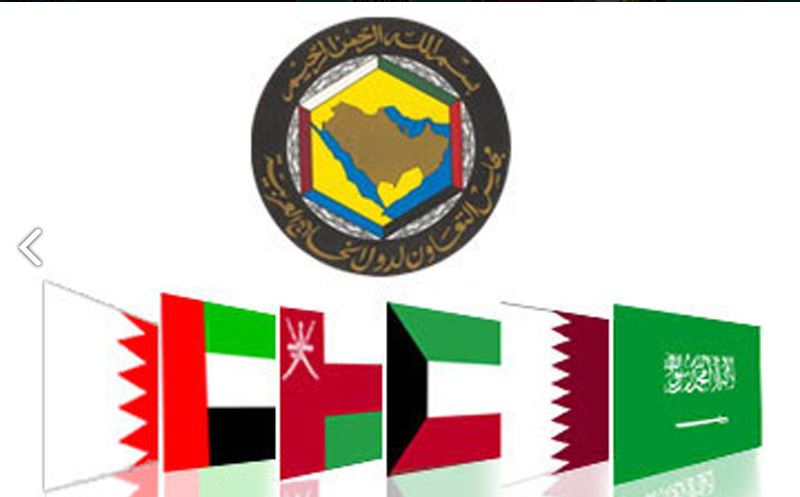
After four decades of the concept’s circulation, the historicity of the rentier state theory clearly requires discussion. This paper will first deal with the emergence of the concept of rent in Gulf countries, and will study in which extend GCC member states have undertaken reforms and changes for depending less on oil-wealth and for reaching a more diversified economy. Despite their efforts and achievements – both endogenous as exogenous factors - are still inhibiting the development processes in each country.
The reforms in question are important not only for the concerned countries but also for the development and especially the stability of the Middle-East area. This last concern is definitely the main issue of last months for the area, being in the chaos since the emergence of a new regional player, the terrorist group Daesh.

Available in:
Regions and themes
ISBN / ISSN
Share
Download the full analysis
This page contains only a summary of our work. If you would like to have access to all the information from our research on the subject, you can download the full version in PDF format.
Persistence and Evolutions of the Rentier State Model in Gulf Countries
Related centers and programs
Discover our other research centers and programsFind out more
Discover all our analysesIndonesia and the Palestinian Cause
During his inaugural presidential speech on October 20, 2024, Indonesia’s incumbent president, Prabowo Subianto, iterated certain principles central to the philosophical foundation of the Indonesian nation. He noted Indonesia’s longstanding foreign policy of non-alignment or “bebas dan aktif” (free and active) and its aversion to military pacts.
Middle Power Lawfare : South Africa, International Justice, and the Gaza Crisis
The intensification of violence in Gaza following Hamas’s 7 October 2023 Al Aqsa Flood attack and Israel’s military response prompted a broader reassessment of global diplomacy. Longstanding geopolitical alignments were disrupted, and questions about humanitarian obligations, institutional accountability, and the limits of state conduct returned to the centre of international debate.
Adıyaman, the “Ownerless City”: Story of a Political Emancipation
Over the past two years, the city of Adıyaman has made headlines for two major reasons: first, its devastation by the earthquake of February 6, 2023, which struck between Turkey and Syria, and second, its significant political shift following the municipal elections of March 31, 2024.
The Evolving Role of Nuclear Rhetoric in Iran’s Strategic Calculus
How has the Iranian strategic discourse about nuclear weapons and deterrence evolved?


